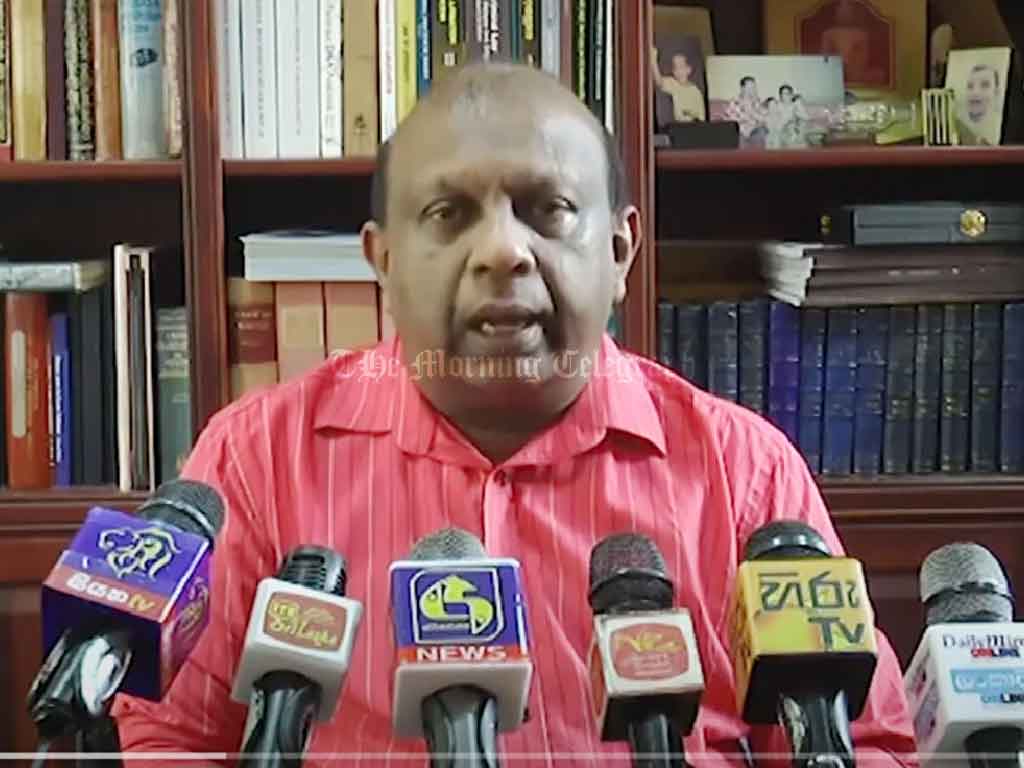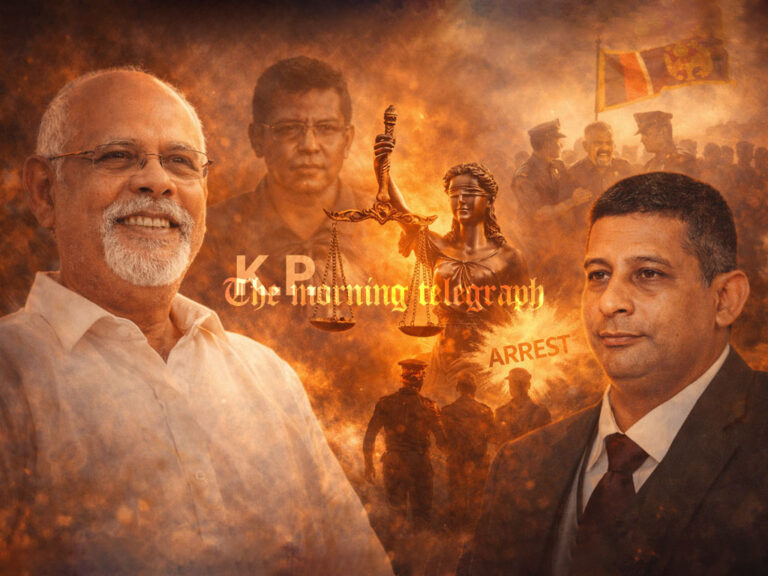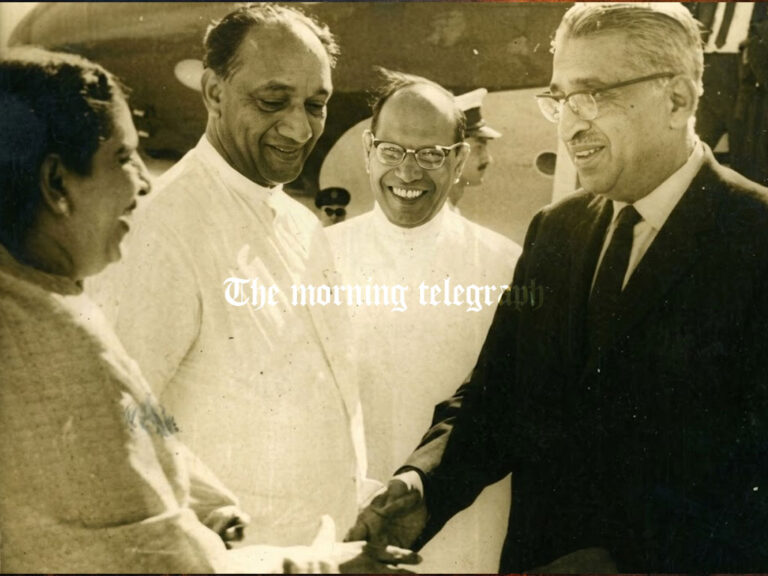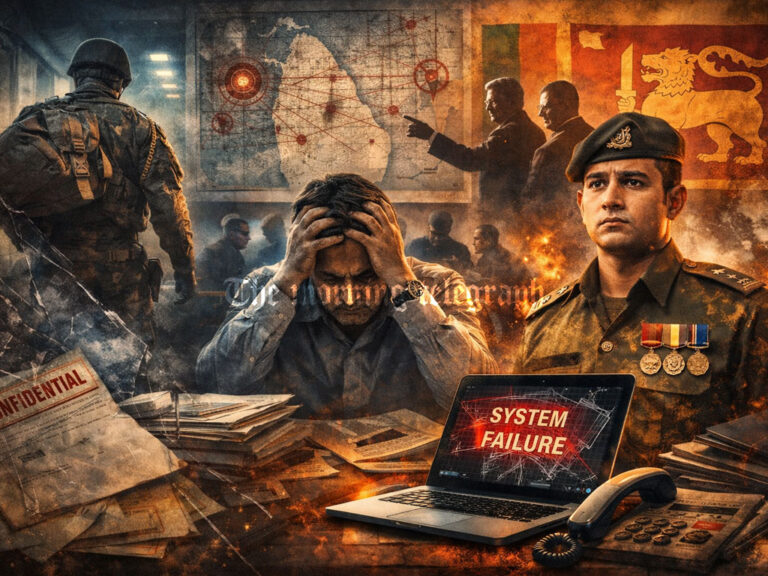
President’s Counsel U.R. De Silva has criticized claims that new laws are required to tackle corruption, describing such assertions as misleading and deceptive. Speaking to a newspaper, De Silva emphasized that Sri Lanka already has sufficient legal frameworks, such as the Anti-Corruption Act and the Illegally Acquired Property Recovery Act, which is ready to be passed in Parliament. He argued that instead of focusing on drafting new laws, the government should concentrate on gathering substantial evidence to prosecute offenders effectively.
According to De Silva, even with the most comprehensive laws, cases will fail in court if sufficient evidence is not presented. This could lead to acquitted defendants suing the government for defamation and seeking compensation, ultimately causing financial losses to the state. He pointed out that the laws already in effect are adequate to address corruption and theft, and the notion of introducing new legislation serves more as a political slogan than a genuine solution.
He criticized past governments for using anti-corruption efforts as campaign promises without producing tangible results. For instance, the previous Yahapalana government established specialized police units and courts to address corruption, but these efforts did not yield meaningful outcomes. De Silva suggested that the current government risks repeating the same mistakes by focusing on laws instead of enforcement.
De Silva also called out the government’s inaction regarding information already available. He highlighted that President Anura Kumara Dissanayake and Minister Ananda Wijepala were prominent figures in the Anti-Corruption Committee during the Good Governance government, which claimed to have collected substantial evidence against corrupt politicians. He questioned why this information is not being used now to prosecute offenders and instead is being overshadowed by the push for new legislation.
The counsel stressed that the government’s role is not to directly catch thieves but to ensure that law enforcement agencies and the Attorney General’s Department have the necessary resources and independence to carry out their duties. He argued that any delay or failure in prosecuting corruption cases results from weak enforcement and insufficient evidence, not the absence of laws.
De Silva further remarked that introducing new laws without addressing the core issues of enforcement and evidence collection is a waste of time that misleads the public. He urged the government to focus on fulfilling its promises and ensuring accountability rather than creating distractions through legislative measures. He reiterated that effective governance requires not only laws but also the political will and operational capacity to enforce them.
In conclusion, De Silva called for immediate action to utilize existing legal provisions and emphasized the need to appoint capable officers to handle corruption cases. He warned against using anti-corruption measures as mere rhetoric and insisted on delivering real results to meet public expectations.




